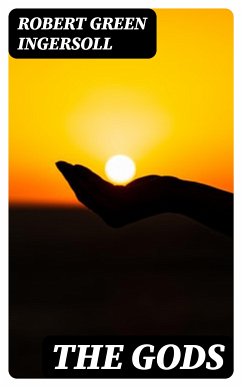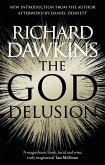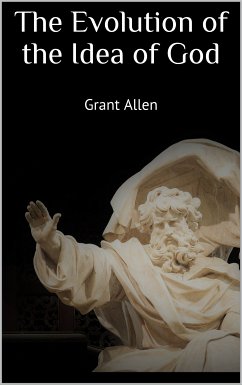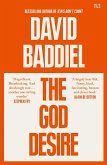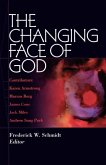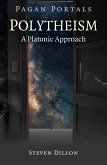In "The Gods," Robert Green Ingersoll presents a passionate and articulate critique of religious dogma, challenging conventional notions of divinity and championing rational thought. This work, rich in its rhetorical brilliance, employs a blend of oratory and philosophical discourse, ultimately advocating for a naturalistic understanding of existence. Ingersoll's literary style is imbued with a fervent skepticism that resonates with the burgeoning secularism of the late 19th century, positioning the book as a pivotal discourse within the landscape of American free thought and atheism, influencing generations of thinkers and writers to come. Born in 1833, Ingersoll was a prominent orator, lawyer, and secularist whose life experiences-including his own encounters with religion and personal loss-shaped his views on spirituality. His extensive travels and engagement with contemporary intellectual movements fortified his resolve to question ingrained beliefs and champion humanistic values. In formally addressing the tensions between faith and reason, Ingersoll became a leading figure in the battle against the constraints of superstition that he perceived as holding society back. For readers intrigued by the interplay between faith, reason, and the human experience, "The Gods" stands as an essential treatise. It offers both an incisive critique of religion and a compelling argument for individualism and intellectual freedom. This book is not merely a historical document; it is a manifesto for those who seek to understand the universe without the lens of myth.
Dieser Download kann aus rechtlichen Gründen nur mit Rechnungsadresse in A, B, BG, CY, CZ, D, DK, EW, E, FIN, F, GR, H, IRL, I, LT, L, LR, M, NL, PL, P, R, S, SLO, SK ausgeliefert werden.

